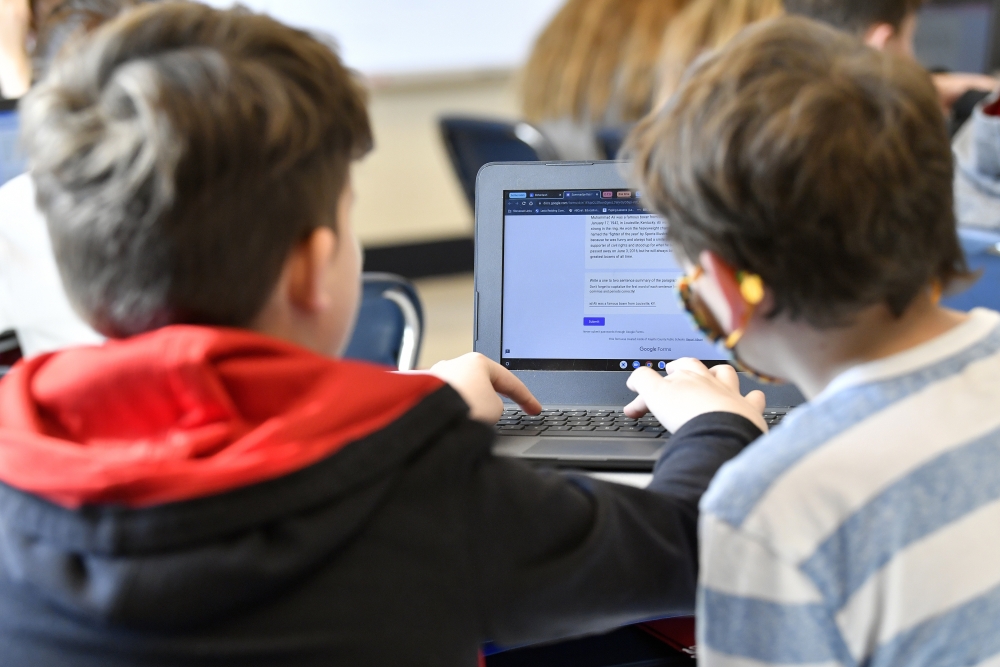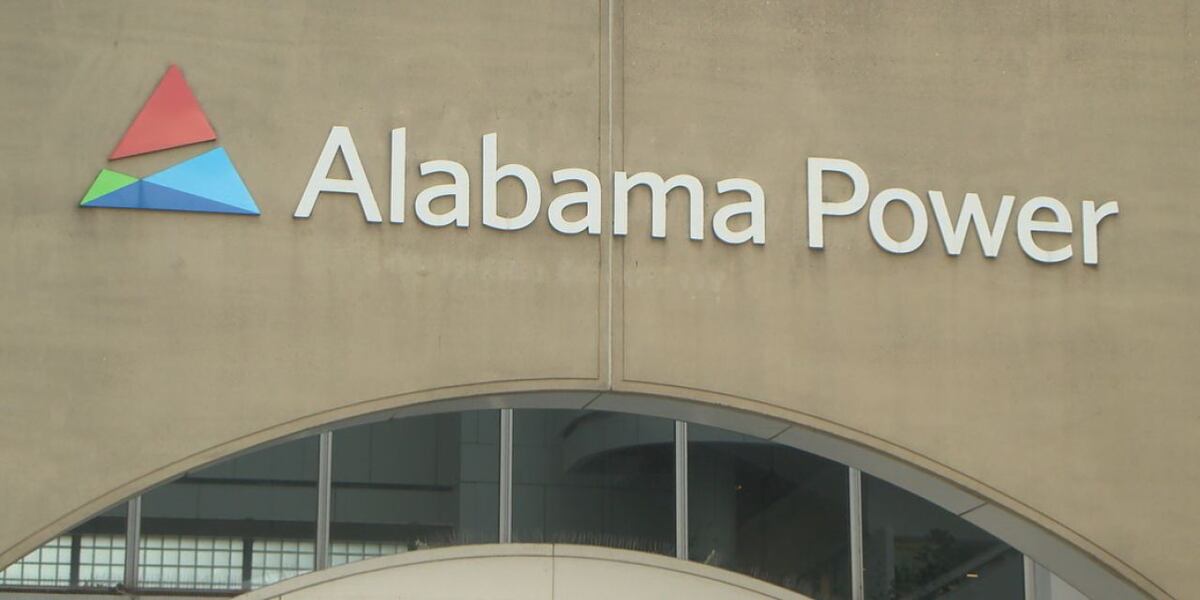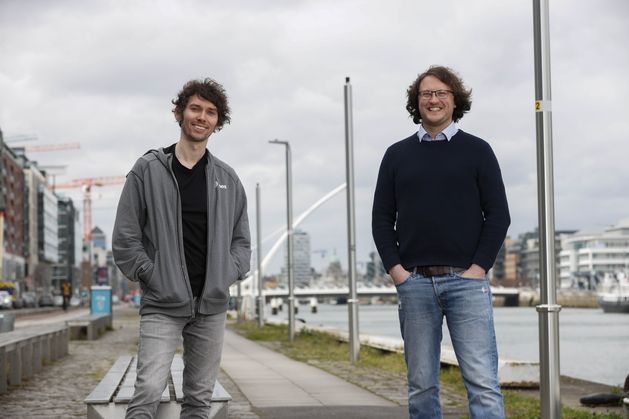Is Technology Harming Maine's Students? A Growing Concern for Reading Scores

Maine has a proud history of innovation, often leading the nation in pioneering initiatives. Google’s AI Overview proudly points out Maine’s distinction as the first state to implement statewide 1-to-1 computing in schools – providing every student with a personal device. While this sounds progressive, a troubling reality casts a shadow on this technological triumph: Maine consistently ranks among the states with the lowest reading scores.
As a language teacher, I've witnessed firsthand the impact of this digital deluge. The promise of personalized learning through technology has, in many cases, led to a decline in fundamental literacy skills. The focus has shifted from engaging with books, developing critical thinking through textual analysis, and fostering a genuine love of reading to navigating screens, consuming fragmented information, and relying on automated answers.
The allure of technology is undeniable. It offers access to vast amounts of information and can be a powerful tool when used judiciously. However, the current model, where devices are ubiquitous and often prioritized over traditional learning methods, is demonstrably failing our students. We’ve traded deep engagement with language for superficial interactions with digital content.
Consider the implications. Reading isn't just about decoding words; it's about comprehension, analysis, and the ability to synthesize information. It’s about developing empathy by stepping into the shoes of characters and exploring different perspectives. These crucial skills are honed through sustained engagement with longer texts, a practice increasingly sidelined by the quick-hit nature of online content.
The rise of AI tools like ChatGPT further complicates the situation. While these tools can be helpful for certain tasks, they also risk fostering a culture of intellectual dependency. Students may become reliant on AI to generate answers instead of developing their own understanding and critical thinking abilities. The ability to formulate original thought, to argue effectively, and to communicate clearly – all essential skills for success in the 21st century – are being eroded.
It’s not about rejecting technology outright. It's about striking a balance. We need to re-evaluate our priorities and ensure that foundational literacy skills are not sacrificed at the altar of technological advancement. Investing in well-trained teachers, providing access to quality books, and creating a classroom environment that prioritizes reading and critical thinking are crucial steps.
Maine’s history shows a willingness to lead. Let’s harness that leadership once again, not in the pursuit of the latest gadget, but in the commitment to nurturing a generation of literate, engaged, and critically thinking citizens. We need to ask ourselves: are we truly preparing our students for the future, or are we inadvertently hindering their potential?
The time for reflection and action is now. Let’s ensure that Maine’s technological innovation serves to enhance, not undermine, the education of our students.






